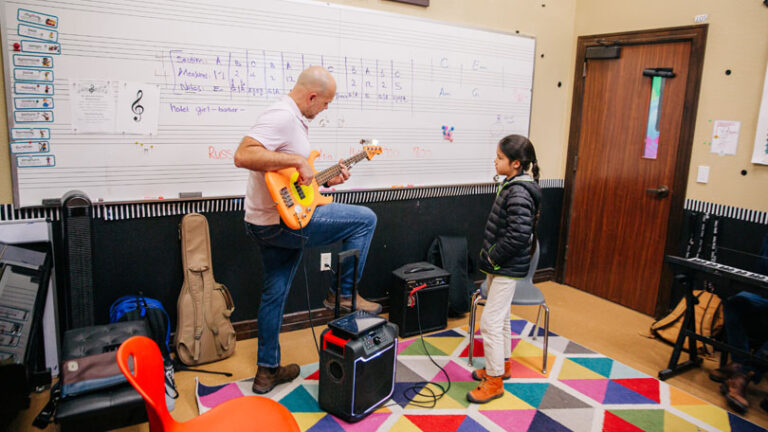In the world of education, the debate over the amount of homework assigned to students has been ongoing. A growing body of evidence suggests that kids who receive less homework may enjoy a better work-life balance and experience greater overall success. In this blog post, we will explore the reasons behind this phenomenon and shed light on how a balanced approach to academic and personal life can pave the way for a brighter future.
- Fostering Intrinsic Motivation: Less homework can lead to increased intrinsic motivation. When students are given the opportunity to explore subjects they are passionate about, they are more likely to develop a love for learning. This intrinsic motivation can have a positive impact on their academic success and future endeavors.
- Encouraging Critical Thinking and Creativity: Instead of focusing solely on rote memorization and repetitive tasks, less homework opens opportunities for students to think critically and creatively. Projects and assignments that encourage problem-solving and independent thinking contribute to a more well-rounded education.
- Quality Over Quantity: One of the primary arguments in favor of less homework is the emphasis on the quality of assignments rather than the quantity. When students are given meaningful and relevant tasks, they can focus more on mastering the content rather than rushing through numerous assignments.
- Promoting a Healthy Work-Life Balance: Children, like adults, need time for relaxation, play, and family activities. A reduced homework load allows kids to engage in extracurricular activities, spend quality time with their families, and pursue hobbies. This balance is crucial for their overall development and well-being.
- Reducing Stress and Anxiety: Excessive homework has been linked to increased stress and anxiety in students. By lightening the homework load, educators can contribute to a healthier emotional and mental state for children. This, in turn, allows them to approach their studies with a more positive mindset.
- Time for Exploration and Hobbies: Less homework provides kids with the time and freedom to explore their interests and hobbies. Whether it’s sports, arts, or other pursuits, these activities contribute to a child’s overall development and can instill valuable life skills such as teamwork, discipline, and time management.
The evidence supporting the idea that students with a less workload after a busy school day can have stronger student outcomes is compelling. By prioritizing quality over quantity, promoting a healthy balance, and fostering intrinsic motivation, educators can contribute to the holistic development of students. It is time to reconsider the traditional approach to homework and embrace a model that supports the well-being and success of our young learners.





